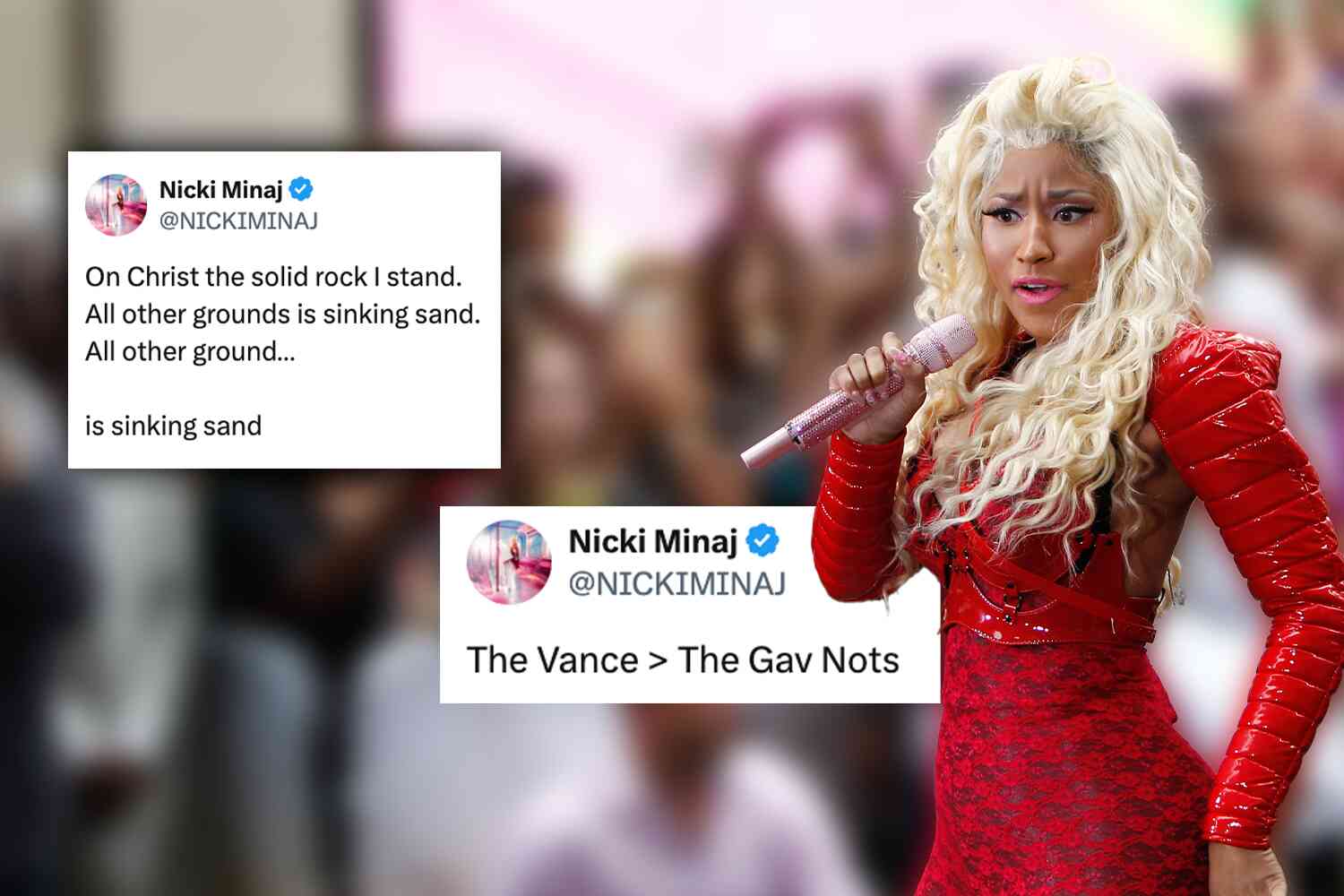Remember when Louisiana passed a law that requires online pornography users to verify their age with a government issued ID: the one that says that if someone under 18 views pornography in the state, the porn sites can be sued with standing?
Believe it or not, the porn industry complied immediately. Pornhub and other porn sites now require Louisiana users to verify their age through a government site: AllpassTrust.
And it's at this point, I'd like to thank the main stream reporters willing to do their due diligence verifying all this, so I don't have to look at porn.

Apparently, the speed and ease of compliance has inspired other states to look at passing similar laws, including Arkansas, Florida, Kansas, Mississippi, South Dakota, Virginia, and West Virginia.
However, despite the ease of complying with these laws, the porn industry is fighting tooth and nail to stop their passing.
It's common knowledge that pornography is addictive, and addicting young viewers early gives the porn industry future customers and unfortunately future "performers."
According to a recent study by Commons Sense Media, 73% of U.S. children under the age of 18 have watched porn, with more than 50% saying they were accidentally exposed to it while surfing the internet, and 15% saying they were exposed to it below the age of 10.

No wonder the porn industry wants to kill these bills, and they are succeeding in some instances; the South Dakota bill was sidelined by a political lobby.
The bill's sponsor, Republican Jessica Castleberry, said,
"This is not your daddy's Playboy. Extreme, degrading, and violent pornography is only one click away from our children.
"It's a travesty that unfettered access to pornography by minors online will continue in South Dakota because of lobbyists protecting the interests of their clients, versus legislators who should be protecting our children. The time to pass this bill was in the mid-1990s."
Meanwhile Arkansas, Virginia, and Mississippi have already passed their bills through at least one chamber of their legislatures.
Still, it's important for parents to not get lax in protecting their children from pornography. There are a myriad of ways to lock down screens and electronics to keep kids safe. We use whitelists in our home and have tried to educate our children on not looking at other children's screens.
It's a battle though to be sure.

Maybe these ID laws won't solve all the issues, and government regulations so often make problems worse, but I for one welcome the attempt to do something to stem the tide of deviancy plaguing our society.










